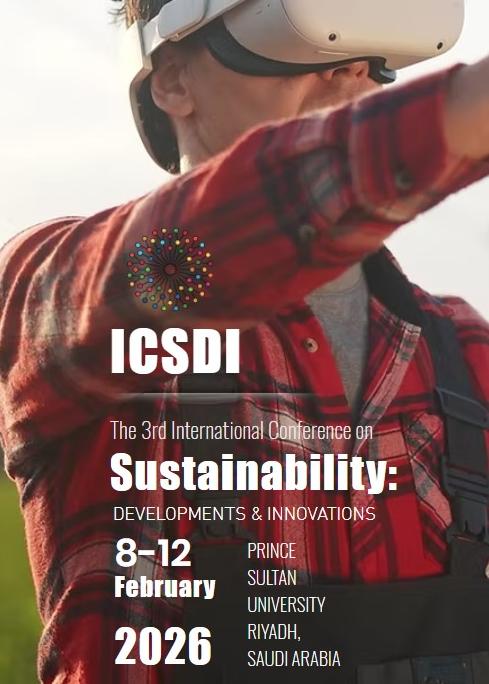Finnish Journal for Romanian Studies
FJRS 2017
- URL: http://www.fjrs.eu
- Call For Paper Type: Regular
- H2 Index: 0
- Submission Date: 2017-09-01
The School of Languages and Translation Studies at the University of Turku will continue in 2017 its endeavour in the field of Romanian studies: the publication of an academic journal, a unique attempt so far in the academic milieu. The Finnish Journal for Romanian Studies (FJRS) focuses on different aspects of Romanian culture, mainly as reflected outside Romania, as researchers from around the world are invited to publish, the interdisciplinary dialogue between researchers in the field being heartily encouraged.
We hereby are honoured to invite you to submit a paper in our third issue, entitled ‘TRANSLATIONS – ON THE BORDERLINE’ scheduled for publication for December 2017.
The deadline for submitting the articles is September 1st 2017.
Please check our guidelines for authors regarding the technical details of the submission process.
This third issue of The Finnish Journal for Romanian Studies aims at bringing together research articles which would focus on the topic of translation studies, either theoretical or applied, with direct reference to Romanian texts, whether we speak of literature, language, culture or specialised texts from economy, medicine, marketing, history, etc. The definition and understanding of the translating process are in continuous transformation as well as the role of the translator. Sometimes both the text, the process and the translator find themselves on the borderline. How do all these three relate to translating texts from and into the Romanian language? This is the question we would like to address through the present issue dedicated to the process of translation of different texts from and into Romanian.
Our third issue sees itself as an invitation to revisit old concepts and paradigms regarding translations and the translating process as well as the role of the translator, and to offer the possibility for discussing all these concepts in the light of the Romanian language.
We invite researchers in the field of Romanian and translation studies as well as translators to contribute to the development of this area, and, thus integrate it further into a larger circuit of humanities research.
FJRS Editorial Board













